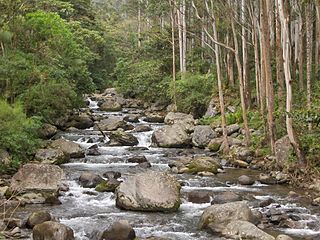Waste-To-Energy Project in Central America

At the risk of repeating myself, rural electrification of the developing world is arguably the biggest single bang for our philanthropic buck, as it brings an incredible multitude of positive effects, none the least of which is education, and its resultant benefits in terms of smaller and stronger families (read: population control). Waste-to-energy brings with it the additional benefit of the elimination of landfills (less odor and disease, more productive land use, better aesthetics, etc.)
And ironically (given all the humanitarian benefits) these projects have the potential to be monstrously profitable (and thus wonderful clean energy investment opportunities) as they represent the sum of several different income streams: tipping fees, the sale of electricity, fuels, and other valuable products — waste steel, carbon black, etc.
I’m hoping to have this all put to bed in the next 60 days.

Craig: Central America is a specially good place for waste-to-energy projects, there’s a lot of agriculture and forestry businesses which are looking to use all the wastes that usually are just dumped (and not necessarilly in dump sites), distances are not that great and most of the inland countries are without electricity, which is also a good way to develop microgrids, which I think are better alternatives than regional grids. I live in Guatemala, which has quite a large percentage of population with no electricity, and agricultural waste is all over; jobs are difficult to get and capital is very difficult to get to develop these projects, unless they are done by governments, which we know are terribly inefficient (if at all) in making things happen. I congratulate you for the effort and hope your project comes through.
Steve:
We have a patented technology that fits the need s of south and central America! If you would like details on how to use biomass and not emit carbon dioxide nor air derived nitrogen oxide but still have waste as a fuel. Perfect for rural areas as no need to conect to the grid. contact nsreef@cs.com